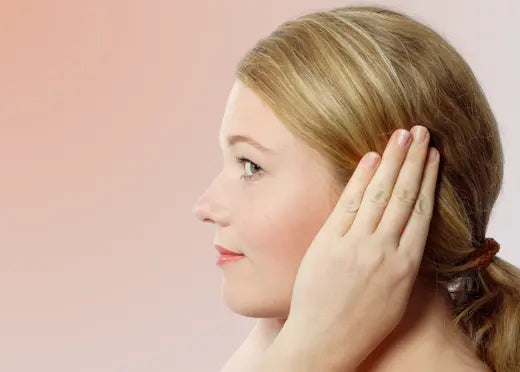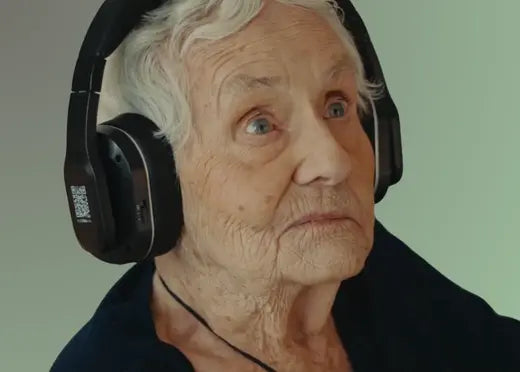A comprehensive guide to hyperacusis treatments, from conventional therapies to new hearing-assistive technologies that offer everyday relief.
Conventional therapeutic approaches
ENT consultation and complete audiological assessment
The first step in treatment involves a thorough assessment of hyperacusis, using a hearing assessment performed by an ENT or hearing care professional. This allows for the measurement of sound tolerance thresholds and the functional impact of the disorder to be assessed.
Drug treatments: effectiveness and limitations
Although no medication directly treats hyperacusis, certain anti-anxiety medications or antidepressants may be prescribed to relieve side effects such as anxiety or sleep disturbances.
Psychological approaches: CBT and stress management
Cognitive behavioral therapy (CBT) helps patients better manage hearing discomfort. It reduces anticipatory fear of sounds and improves quality of life.
When to consider surgery
Interventions are very rare and only concern extreme cases. They sometimes aim to partially disable auditory transmission but remain exceptional.
Sound and retraining therapies
Principles of TRT (Tinnitus Retraining Therapy)
TRT relies on gradual exposure to neutral sounds to train the brain to tolerate sound stimuli. This approach can be effective for certain profiles.
Progressive desensitization protocols
Based on controlled listening to moderate sounds, desensitization promotes hearing rehabilitation, particularly when supervised by a professional.
White Noise Generators and Sound Therapy
These devices emit a neutral noise that masks harsh sounds. They are useful for people who are very sensitive to background noise, especially in quiet settings.
Duration and expected results of therapies
The effects are gradual. It takes several months of regular practice before you see a lasting improvement in sound tolerance.
Promising complementary approaches
Relaxation and meditation techniques
Mindfulness meditation and sophrology help to calm the nervous system, which is often hyperactive in people with hyperacusis.
Supplements and nutritional approaches
Certain supplements (magnesium, omega-3, ginkgo biloba) can improve hearing health and reduce inflammation of the auditory nerve.
Mind-body therapies (sophrology, hypnosis)
Holistic management of hyperacusis sometimes includes hypnosis or NLP to restore a sense of control over sounds perceived as intrusive.
Acupuncture and traditional medicine
These methods are not scientifically validated but may have a calming effect on some people, particularly when used in conjunction with other approaches.
Adaptive technological solutions
Smart hearing protection
Some earplugs or headphones filter out only harmful sounds while preserving the perception of voices. This prevents sensory isolation.
Therapeutic mobile applications
Many apps offer sound management, relaxation, or personalized sound therapy programs that are useful in addition to medical care.
Innovations in sound signal processing
Some devices incorporate an adaptive filtering algorithm, which reduces harsh sounds in real time while maintaining good voice understanding.
Future prospects and ongoing research
Research into brain plasticity and artificial intelligence is paving the way for even more targeted solutions for people suffering from chronic hyperacusis.
How Spokeo helps people with hyperacusis
For people with mild to moderate hyperacusis, using hyperacusis technology like Spokeo can filter out harsh noise without altering voices.
Selective filtering of aggressive sounds
Spokeo's smart microphone picks up only the speaker's voice and limits background noise, even in noisy environments.
Hearing profile customization
The dual conduction system (bone + air) allows for smooth sound reproduction, without echo or saturation, ideal for sensitive ears.
Gradual adaptation to noisy environments
Thanks to its punctual and targeted use, Spokeo allows users to gradually get used to social interactions again without overprotecting themselves.
Testimonials from hyperacusis users
Feedback indicates a significant reduction in noise stress, improved communication comfort, and increased autonomy in daily life.













